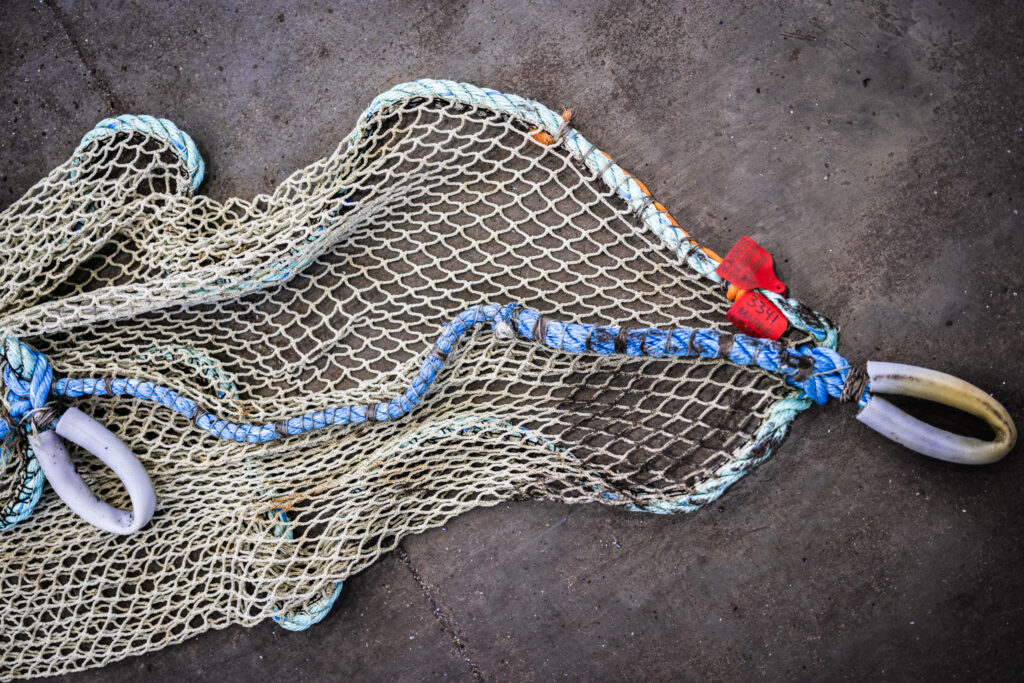Producer responsibility for fisheries and aquaculture
Sist oppdatert: 6. januar 2026

Med det får produsenter i de blå næringene et tydelig og langsiktig ansvar for innsamling, behandling og finansiering av kassert plastutstyr. Forskriften skal redusere miljøbelastning, hindre forsøpling og øke graden av ombruk og materialgjenvinning av kassert utstyr.
Forskriften bygger i hovedsak på Miljødirektoratets forslag som ble lagt frem i desember 2025, men med noen viktige endringer. Blant annet er det nå fastsatt at produsentansvarsselskap (PRO) skal drives etter non-profit-prinsippet. I tillegg er tidspunktet for full innsamlings-, behandlings- og kostnadsplikt fremskyndet til 1. mars 2027, fremfor 1. juli 2027 slik det opprinnelig var foreslått.
Formålet: mindre plast i naturen og mer sirkularitet
Produsentansvaret skal bidra til å forebygge og redusere forsøpling og spredning av mikroplast, samtidig som det legger til rette for mer sirkulær bruk av råvarer. Mye av plasten som havner i sjø og vassdrag stammer fra mistet, slitt eller kassert fiskeutstyr – derfor innføres nå et system som sikrer bedre håndtering og tydelig plassering av ansvar
Hvem omfattes?
Forskriften gjelder produsenter og importører som bringer fiskeutstyr med plast i omsetning i Norge, inkludert produkter til fiskeri, akvakultur og fritidsfiske. Hele produktet omfattes – ikke bare plastkomponentene. Også aktører som selger direkte til Norge via netthandel defineres som produsenter.
Hovedplikter for produsentene
Produsentene skal enten etablere eller være medlem av et godkjent produsentansvarsselskap. Gjennom dette pålegges de å:
Sørge for separat innsamling
Det skal finnes tilgjengelige innsamlingsløsninger i områdene hvor utstyret brukes. Kravet gjelder “en rimelig mengde” av kassert utstyr, ettersom alt ikke nødvendigvis kan samles inn.
Hente avfall fra kommunale mottak og havner
Når fiskeutstyr er levert separat innsamlet, plikter produsentansvarsselskapet å hente det, innenfor rammen av kostnadsdekningsplikten. Dette gjelder også for historisk avfall, siden det ikke er mulig å skille mellom gammelt og nytt utstyr.
Behandle avfallet forsvarlig
Separat innsamlet utstyr skal forberedes til ombruk eller materialgjenvinning, så langt det er teknisk og økonomisk forholdsmessig. Dokumentasjon og tredjepartsverifisering blir en viktig del av ordningen.
Dekke nødvendige kostnader
Produsentene skal finansiere separat innsamling, transport og behandling av utstyret de bringer i omsetning. Kostnadsansvaret gjelder fra og med forskriftens ikrafttredelse, men myndighetene legger opp til en overgangsperiode før pliktene blir fullt gjeldende.
Gi informasjon og bidra til holdningsskapende arbeid
Produsentene skal sikre informasjon til brukere om riktig avfallshåndtering og ansvarlig bruk av fiskeutstyr. Dette er særlig viktig for å redusere risiko for tap av redskap og spøkelsesfiske.
Produsentansvarsselskap og godkjenning
Det kreves godkjenning fra Miljødirektoratet for å drive produsentansvarsselskap. Selskapene skal ha finansielle reserver tilsvarende seks måneders drift og må følge krav til rapportering, geografisk dekning og likebehandling av produsenter. Individuelle ordninger er tillatt, men kun der produsent har særlig god kontroll på egne produkter.
Innfasing og videre arbeid
Neste steg i prosessen er at Miljødirektoratet publiserer søknadsskjema for godkjenning av produsentansvarsselskap. Deretter åpnes det for å søke om å bli et offisielt PRO under den nye ordningen.
Profa vil søke om godkjenning så snart Miljødirektoratet åpner for dette, og ser frem til å bidra til at produsentansvarsordningen blir et effektivt og rettferdig virkemiddel for en mer sirkulær blå næring.
Summed up
Norge innfører nå et nytt produsentansvar for fiskeutstyr som inneholder plast. Målet er tydelig: mindre forsøpling, mindre mikroplast – og mer ombruk og materialgjenvinning i bransjen. Den nye forskriften pålegger produsenter og importører av fiskeutstyr å sørge for at utstyret samles inn og behandles på en forsvarlig og sirkulær måte. Gjennom medlemskap i et godkjent produsentansvarsselskap sikrer produsentene at kassert utstyr får en trygg vei fra bruker til gjenvinning. Hva innebærer forskriften? Produsenter må være medlem av et godkjent produsentansvarsselskap. Kassert fiskeutstyr skal kunne leveres separat innsamlet i områdene der det brukes. Produsentene dekker kostnadene for innsamling, transport og behandling. Innsamlet utstyr skal i størst mulig grad forberedes for ombruk eller materialgjenvinning. Produsentene skal bidra med informasjon og tiltak som reduserer tap og forsøpling av utstyr. Forskriften rulles inn trinnvis og skal være fullt operativ fra 2027. Dette gir bransjen tid til å bygge opp effektive, bærekraftige og brukervennlige retursystemer. For aktørene i fiskeri, fritidsfiske og akvakultur betyr dette en mer forutsigbar og profesjonell håndtering av kassert utstyr – og et tydelig steg mot en sirkulær og ansvarlig verdikjede for plastbasert fiskeutstyr.
